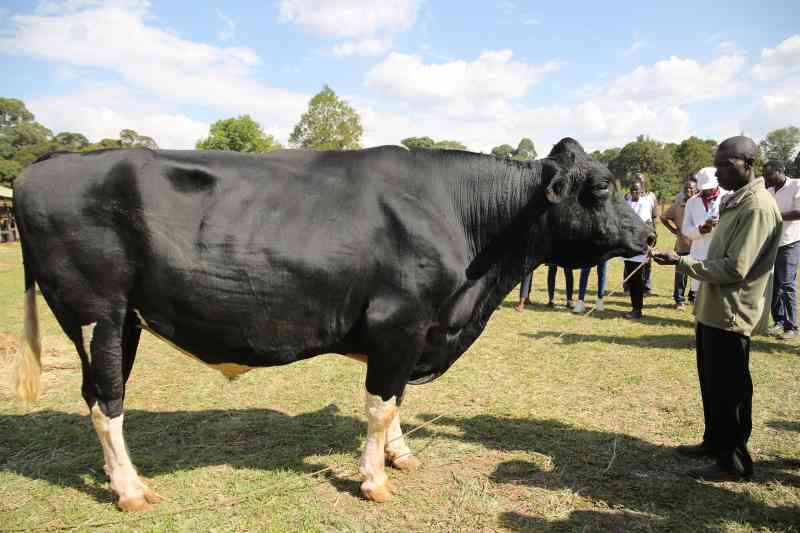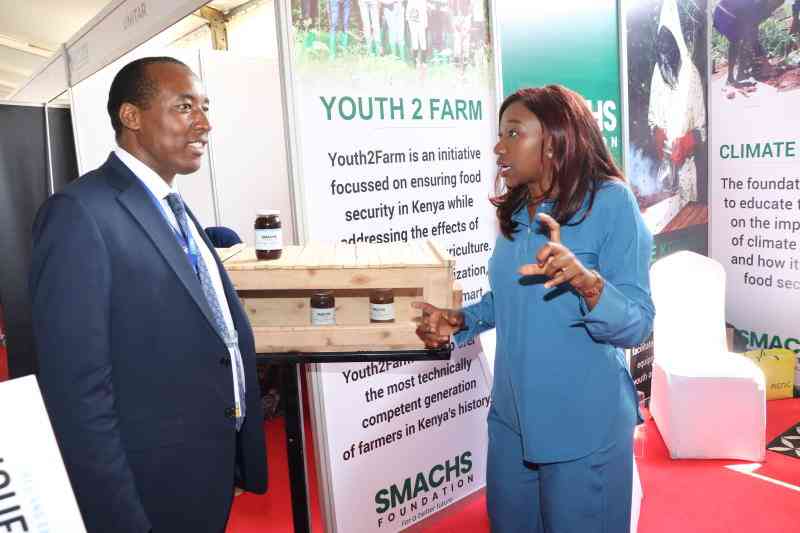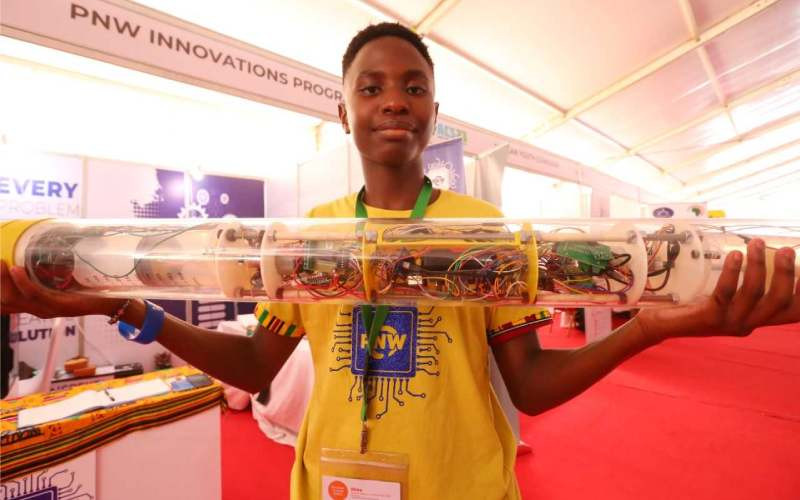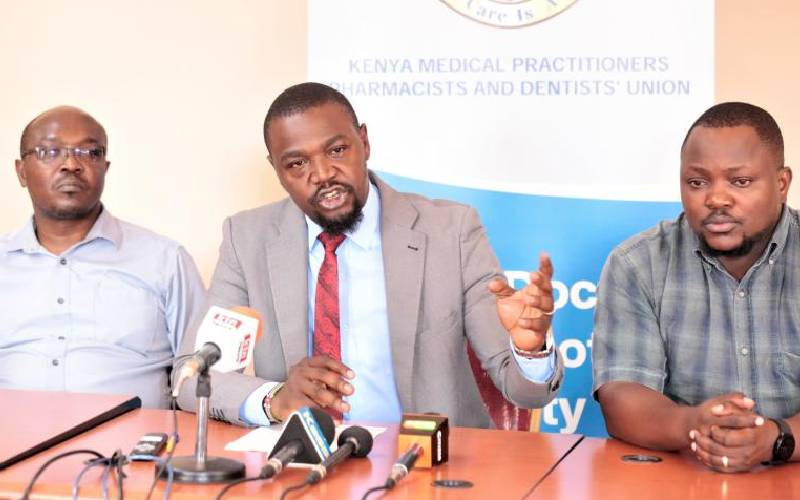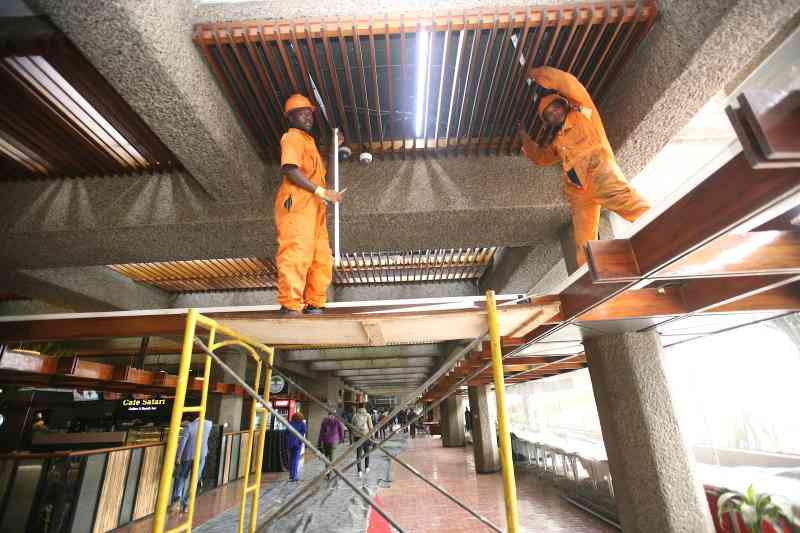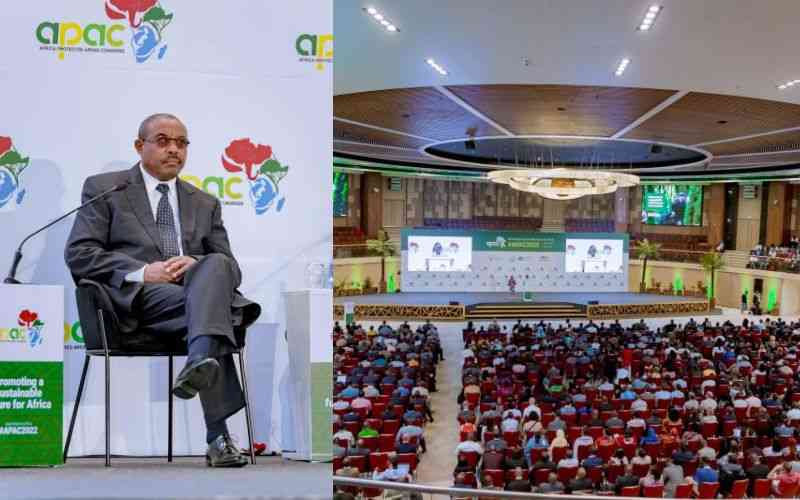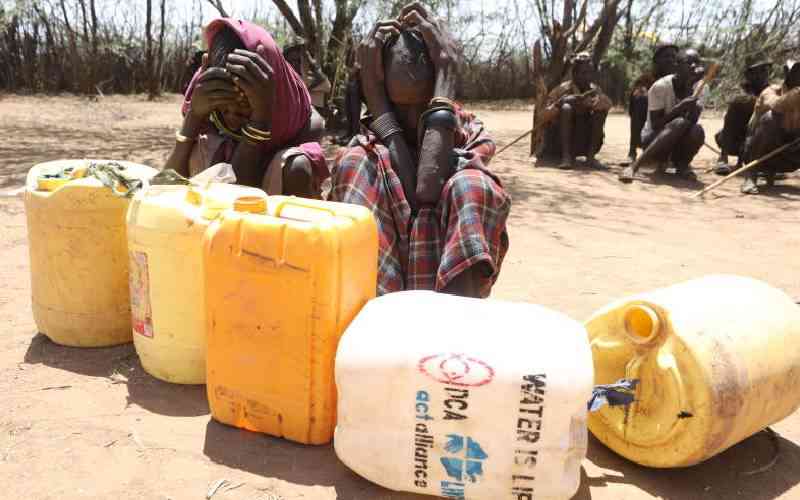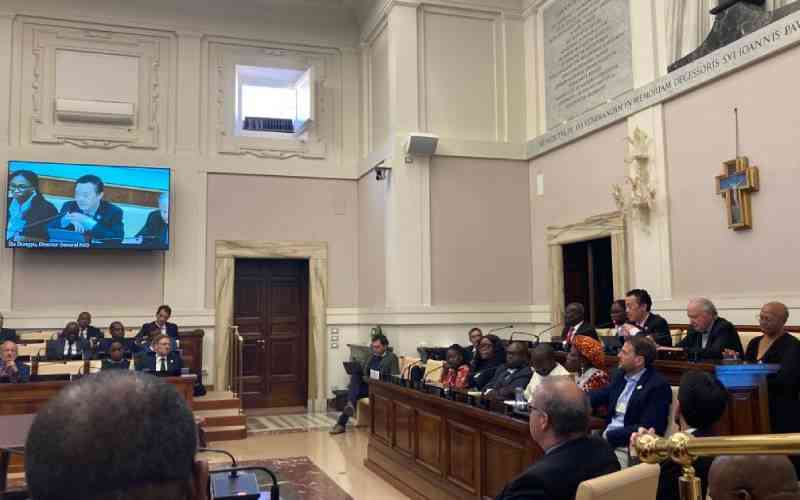
The first Vatican Roundtable of African Farmers [courtesy]
African farmers have called for outcome-driven, technology-open and evidence-based agricultural policies, which will help Africa get back on track to meet global goals on food security and nutrition.The first Vatican Roundtable of African Farmers provided farmers from Sub-Saharan Africa with the opportunity to bring their unique perspectives and concrete experiences to the forefront of global discussions on agricultural development.Farmers from Kenya, Malawi, Nigeria, Sierra Leone, and Zimbabwe presented concrete cases of agricultural innovation and technologies and advanced key policy recommendations. They discussed key challenges and opportunities for agriculture in Africa at the Pontifical Academy of Sciences in Vatican City on Wednesday, October 11th.The event, sponsored by Bayer with the patronage of the Pontifical Academy for Life, represented an important moment to put at the center the voice of those who are at the forefront of agricultural production but who often find themselves relegated to the back row in global debates on agricultural development.Mildred Nadah Pita, Head of Public Affairs, Science and Sustainability at Bayer for Africa, highlighted the importance to learn farmer needs and pains.“It is crucial to learn and understand from farmers what their pain points are, what opportunities they see and how together we can find lasting solutions to their challenges,” She said.World Agriculture Prize and Africa Food Prize laurate Prof Eric Danquah spotlighted a multi-pronged strategy essential for transforming the continent’s agricultural sector, including a robust focus on the development of staple crops, revitalizing agricultural education, fostering strategic public-private partnerships, empowering farmers with knowledge and skills, harmonizing policies for agricultural growth, and, crucially, amplifying political commitment from African governments.Director-General of the Food and Agriculture Organization of the United Nations (FAO), Qu Dongyu, today called for immediate action to help Africa get back on track to meet global goals on food security and nutrition, pointing to science, technology and innovation, investments, and the continent's reservoir of resourceful youth, as potential solutions.“Africa is unfortunately not on track to meet the global goals on food security and nutrition set out in the 2030 Agenda, nor the goals of the Malabo Declaration agreed to by Members of the African Union”, said Dr Dongyu.He noted that science, innovation and technologies can deliver great potential by first ensuring it is accessible for everyone.“This will enable farmers to drive a socially, economically, and environmentally sustainable agriculture, and contribute to the enhancement of food security and the overall development of the region, have farmers recommended policies that are focused on outcomes, open towards technologies and practices, and based on scientific evidence,” said Dongyu.
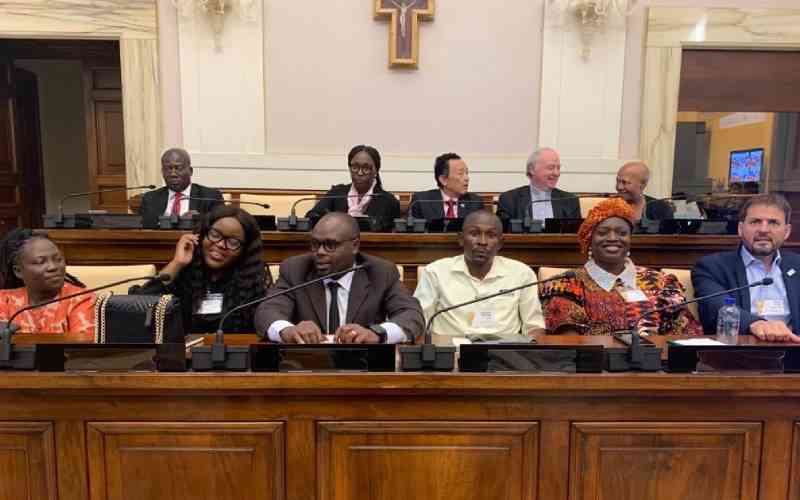
Agriculture sustains more than 50 per cent of Africa’s population, and it accounts for 35 per cent of Africa's GDP, reaching 50 to 60 per cent in some nations. Still, the continent is struggling to secure food supply for millions of people.The FAO estimated that rainfed crop area in the continent has the potential to be expanded by 150 to 700 per cent. But such potential is constrained by “limited access to modern technologies, finances, and farming education, alongside land tenure and access issues, inadequate infrastructure, and climate adversities”, as pointed out by the farmers.It was discussed that farming practices and technologies must be aimed at delivering against a set of key outcomes that are desirable in relation to their impact on farmers, environment, and consumers.Such outcomes should include amongst others the increase of productivity of farms, the improvement of livelihoods, the preservation and restorement of soil health, natural habitats, biodiversity and water resources as well as the reduction of greenhouse gas emissions from agriculture and increased resilience to climate change. With regard to consumers, it is important to ensure food safety and enhance nutrition.
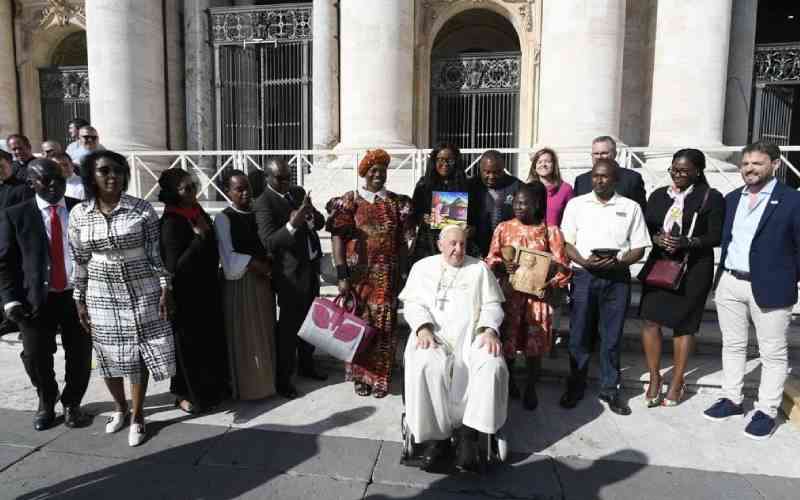
Farmers and agriculture stakeholders from Kenya, Malawi, Nigeria, Sierra Leone, and Zimbabwe taking a photo with the Pope. [courtesy]
Policies should neither allow nor prohibit specific agricultural technologies and practices, nor should they favor one over another. Remaining open and neutral, policies will nurture a diversified technological ecosystem, enhancing farmers’ adaptability and resiliency to local conditions by giving them access to all the tools in the toolbox – be them traditional, modern, organic, biotechnology, biological, chemical, biochemical, mechanical, or digital tools – to implement locally tailored and flexible solutions.Policies should enable the expedited legal approval and registration for the development, availability, accessibility, use, and scaling up of all those technologies that – based on scientific evidence gained through testing and implementation in diverse agroecological and socio-economic contexts – have proven to successfully enable farmers to deliver against the desired outcomes, while minimizing trade-offs and maximizing synergies among them.“First, agricultural development must be sustainable from a socio-economic and environmental point of view; second, the need for adequate training for all agricultural stakeholders; third, the importance of supporting farmers, young people, and women, with particular focus on small scale farms, offering employment opportunities, human and professional growth, respecting the dignity of people and local realities,” said Mons Renzo Pegoraro, Chancellor of the Pontifical Academy for Life.
 The Standard Group Plc is a multi-media organization with investments in media platforms spanning newspaper print
operations, television, radio broadcasting, digital and online services. The Standard Group is recognized as a
leading multi-media house in Kenya with a key influence in matters of national and international interest.
The Standard Group Plc is a multi-media organization with investments in media platforms spanning newspaper print
operations, television, radio broadcasting, digital and online services. The Standard Group is recognized as a
leading multi-media house in Kenya with a key influence in matters of national and international interest.

